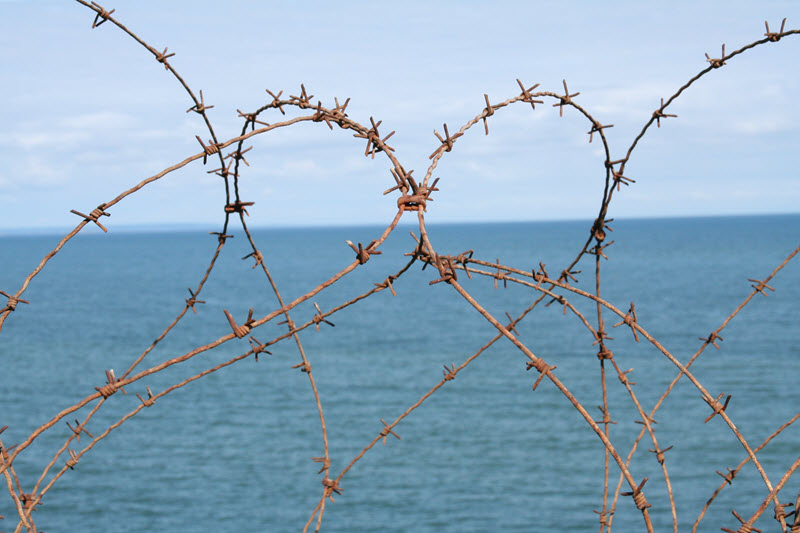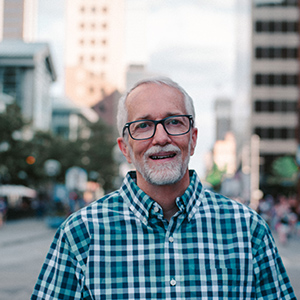You’ve probably been told many times that, when someone hurts you deeply, you have to forgive and forget if you ever want to experience peace in your life. The problem with that advice is this:
Unless you have surgery to remove the painful memories from your brain, it’s impossible to forget.
So that leaves you with three problems: anger at the person who hurt you, guilt about not forgiving him or her, and irritation with everyone else who expects you to forget.
My advice is to just forget about forgiveness. It doesn’t really work anyway. In fact …
Forgiveness can actually perpetuate hurt and anger.
Say, for example, you did something to upset me. I feel outraged and mistreated. You feel sorry and apologetic. After you grovel for the appropriate amount of time, I grudgingly agree to forgive you. My act of kindness demonstrates that I am, after all, the bigger (and far superior) person.
This act of forgiveness, though, doesn’t really benefit either one of us. I continue feeling victimized and self-righteous while you maintain a life of penance and regret. Neither of us is likely to forget.
Worse, this example is far too simple because you admit and apologize for your behavior. What if you don’t believe you did anything wrong or if, by my standards, you’re not sorry enough?
To complicate things even more, what if the person who hurt me never intended to do so? What if the person is dead? And who can I blame – or forgive – if my child is born with a birth defect or my sister dies too young of cancer?
Ultimately, the solution is acceptance, not forgiveness.
If I can learn to accept myself, accept others and accept life’s events as neutrally as possible – without judgment or expectation – the need to forgive evaporates.
With acceptance, forgiveness becomes irrelevant because there’s nothing to forgive. With nothing to forgive, there’s nothing to forget.
The process of acceptance begins with the recognition that each of us does the best we can do at all times based on our unique experiences, skills, awareness and available options at the time. If we could do better, we would.
With acceptance, all events and people in our lives become learning opportunities.
When we’re upset, school is in session, and we’re in charge of the lesson. Will we learn responsibility, compassion and integrity today or anger, resentment and revenge? The choice is ours.
The bottom line is this:
Forgiveness requires me to judge someone or something as wrong, which can trap me in self-righteousness and victimhood. Acceptance requires neutrality.
When I let go of judgments, I become more loving and compassionate toward others – and toward myself.
As your therapist, I can help you make sense of the painful events in your life and learn that acceptance, not forgiveness, is the path toward peace and healing.
Give me a call at 720.837.3466 or fill out the contact form on this page, and let’s get started.
Don’t wait another day. It’s your turn now. It’s time to heal.


